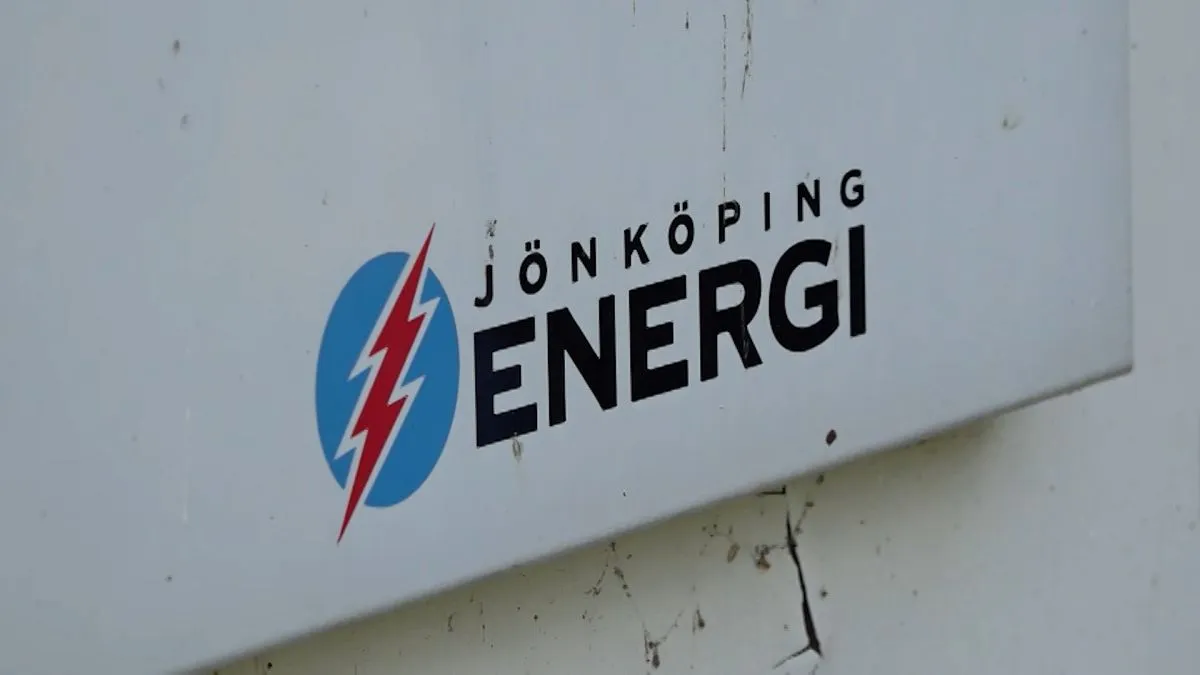NATO's Strategic Response to Cyber Attacks on Renewable Energy in Sweden

Cyber Attack Threats to Sweden's Renewable Energy
Sweden has seen an alarming increase in cyber attack threats aimed at its renewable energy sector. These attacks are largely attributed to geopolitical tensions, particularly since Russia’s annexation of Crimea in 2014. NATO recognizes the urgent need for **member nations** to enhance their cybersecurity frameworks to safeguard essential energy supplies.
NATO's Training Initiatives
In response to these escalating threats, NATO has implemented extensive training programs geared toward preparing nations for effective responses to cyber attacks on their energy infrastructures. These sessions include simulations and hands-on exercises to ensure readiness against potential security breaches.
- Strengthened cybersecurity protocols
- Collaborative international efforts
- Investment in technological advancement
The Future of Renewable Energy and Cybersecurity
As countries shift towards renewable energy sources, the spotlight on **cybersecurity** intensifies. Nations must proactively develop robust defenses to counteract cyber threats and ensure the continuity of their energy supply chains. The resilience of renewable energy systems hinges on our ability to defend against increasingly sophisticated cyber threats.
This article was prepared using information from open sources in accordance with the principles of Ethical Policy. The editorial team is not responsible for absolute accuracy, as it relies on data from the sources referenced.